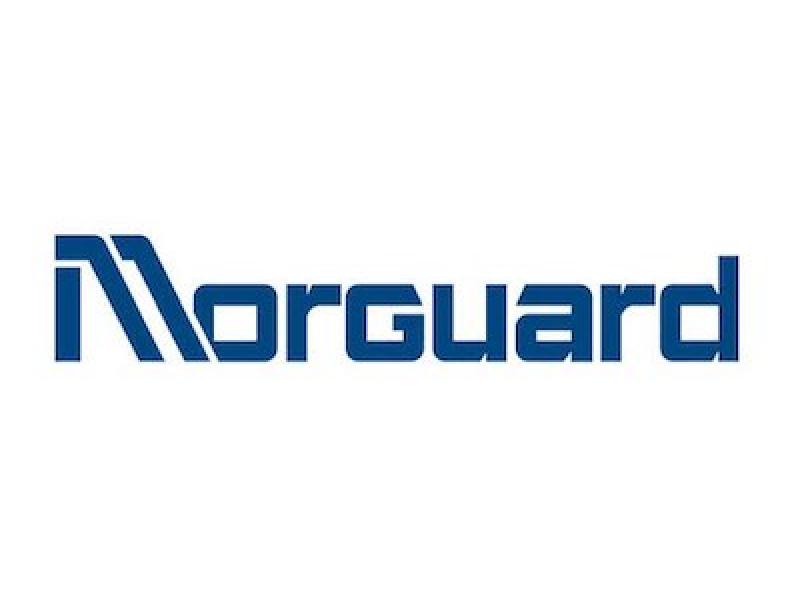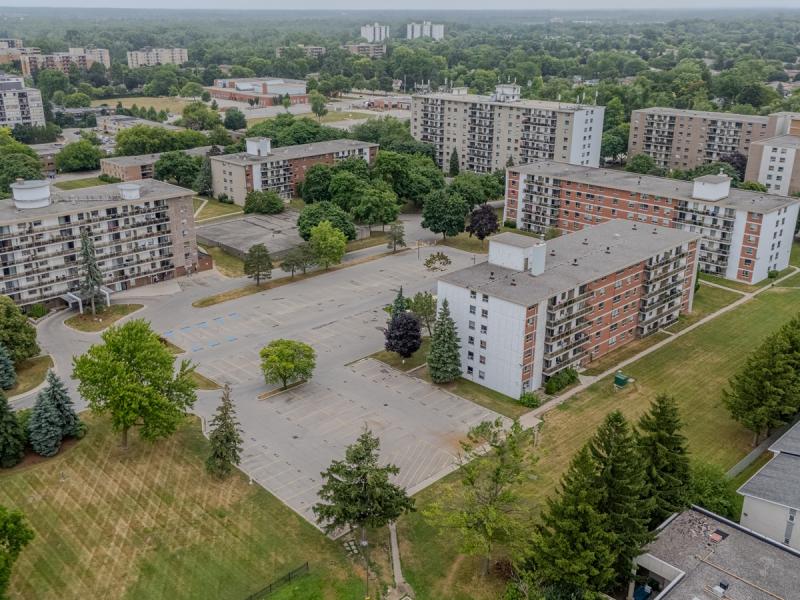In December, we wrote about Bill 229, Protect, Support and Recover from COVID-19 Act (Budget Measures), 2020 (“Bill 229”) which replaced the Canada Emergency Commercial Rent Assistance program (CECRA) with the Canada Emergency Rent Subsidy program (CERS) program.
Coupled with the rent assistance under the CECRA program, the Government saw a need for a moratorium on landlords obtaining an order for possession or exercising the right of re-entry or distraint for rent arrears (the Moratorium).
The Moratorium was first enacted under the Protected Small Business Act, 2020 and subsequently extended under the Helping Tenants and Small Businesses Act, 2020 but there was no fixed expiry date set for the Moratorium (see https://www.ontario.ca/page/renting-commercial-property-ontario for details on the Moratorium).
Regulation extending the Moratorium
On December 17, 2020, the Ontario government enacted Ontario Reg. 763/20 to Bill 229, (the “Regulation”) providing as follows:
1. With respect to the CECRA program, the Regulation extended the Moratorium to January 31, 2021 provided that the tenant:
a. was eligible (or would be eligible) to receive assistance under CECRA;
b. is receiving or has received assistance under CECRA;
c. would be eligible to receive assistance under CECRA if the landlord entered into a rent reduction agreement with its tenant containing an eviction moratorium; or
d. would have been eligible to receive assistance under CECRA if applications under the program were still being accepted. Bill 229 also extended protections to “prescribed tenancies” (though prescribed tenancies were not defined in the legislation).
(referred to in this article as a “CECRA Tenant”)
2. With respect to the CERS program, the Regulation establishes a Moratorium from December 17, 2020 to April 22, 2022 for commercial tenancies provided that:
– the tenant has been approved to receive CERS (see article link above);
– the tenant has provided proof of its CERS approval to its landlord; and
– not more than 12 weeks have passed since the day the tenant was approved for CERS;
(referred to in this article as a “CERS Tenant”)
What does this mean for commercial landlords and tenants?
– CECRA Tenants – the Moratorium applies to and including January 31, 2021. Afterwards, such a tenant will not be protected (subject to any further governmental extension(s) for CECRA Tenants) unless it also qualifies as a CERS Tenant.
– CERS Tenants
* have the benefit of the Moratorium until April 30, 2022 (subject to any further governmental extension(s)).
* must meet the eligibility requirements for a CERS Tenant for each specific claim period (currently, 27-day periods) and the Moratorium runs for up to 12 weeks following approval, That means there than can be gaps in the Moratorium depending on whether a tenant is a CERS Tenant in a qualifying period.
– The Moratorium only apples to rent arrears and not other lease defaults (e.g. failure to repair or insure). For non-rent defaults, landlords can exercise remedies in accordance with the applicable lease and the law.
– If a tenant fails to provide proof of its CERS approval to its landlord, the Moratorium does not apply.
– Although the Moratorium for CERS Tenants began December 17, 2020, the first qualifying period for CERS began September 27, 2020 and a tenant has 180 days to apply for CERS for such period. Currently, the last qualifying period for CERS ended December 19, 2020 which means a tenant can apply for CERS for 180 days thereafter and if the tenant is a CERS Tenant then the Moratorium applies.
– While not law as at the date of this article, the Federal government has indicated there may be more qualifying periods to and including March 13, 2021 (with the corresponding 180 period following the end of that last period).
Disclaimer: This article is for general information purposes only and not intended as or to be relied upon for legal advice. Consult with a lawyer for your unique situation.
If there is a general real estate or leasing related question you would like to see addressed in a future article in “The Legal Corner”, please contact me directly by e-mail at dgold@robapp.com with your suggestion. Not all requests can be accommodated.










